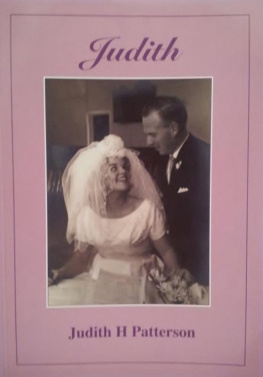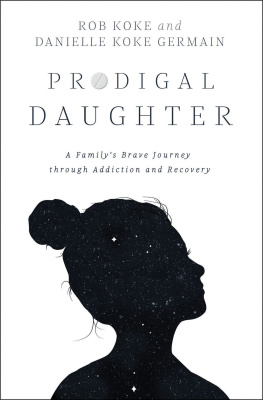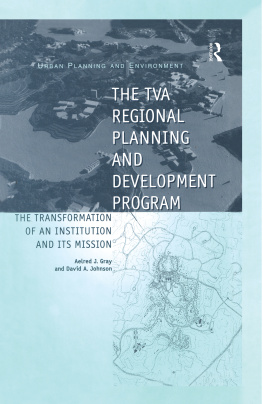Judith Koke - Institution Wide Interpretive Planning
Here you can read online Judith Koke - Institution Wide Interpretive Planning full text of the book (entire story) in english for free. Download pdf and epub, get meaning, cover and reviews about this ebook. year: 2008, publisher: Taylor & Francis, genre: Romance novel. Description of the work, (preface) as well as reviews are available. Best literature library LitArk.com created for fans of good reading and offers a wide selection of genres:
Romance novel
Science fiction
Adventure
Detective
Science
History
Home and family
Prose
Art
Politics
Computer
Non-fiction
Religion
Business
Children
Humor
Choose a favorite category and find really read worthwhile books. Enjoy immersion in the world of imagination, feel the emotions of the characters or learn something new for yourself, make an fascinating discovery.

- Book:Institution Wide Interpretive Planning
- Author:
- Publisher:Taylor & Francis
- Genre:
- Year:2008
- Rating:4 / 5
- Favourites:Add to favourites
- Your mark:
- 80
- 1
- 2
- 3
- 4
- 5
Institution Wide Interpretive Planning: summary, description and annotation
We offer to read an annotation, description, summary or preface (depends on what the author of the book "Institution Wide Interpretive Planning" wrote himself). If you haven't found the necessary information about the book — write in the comments, we will try to find it.
Institution Wide Interpretive Planning — read online for free the complete book (whole text) full work
Below is the text of the book, divided by pages. System saving the place of the last page read, allows you to conveniently read the book "Institution Wide Interpretive Planning" online for free, without having to search again every time where you left off. Put a bookmark, and you can go to the page where you finished reading at any time.
Font size:
Interval:
Bookmark:

| Elizabeth L. Maurer |
| Judy Koke and Marianna Adams |
| Cheryl Meszaros |
| Comprehensive Interpretive Plans: The Next Step in Visitor Centeredness and Business Success? |
| Judy Koke |
| Transformation and Interpretation: What is the Museum Educator's Role? |
| Jennifer Wild Czajkowski and Shiralee Hudson Hill |
| Scott G. Eberle |
| Building Balance: Integrating Interpretive Planning in a Research Institution |
| Jim S. H. Hakala |
| Beth B. Schneider |
| An Evaluation of the Effectiveness of National Park Service Interpretive Planning |
| Marcella Wells |
| Marianna Adams and Judy Koke |
| Jes Koepfler |
2 Park Square, Milton Park, Abingdon, Oxon OX14 4RN
711 Third Avenue, New York, NY 10017, USA
Product or corporate names may be trademarks or registered trademarks, and are used only for identification and explanation without intent to infringe.
Elizabeth L. Maurer is the Director of Operations for the National Museum of Crime & Punishment in Washington, DC.
A PUBLICATION OF THE MUSEUM EDUCATION ROUNDTABLE
ELIZABETH MAURER
Director of Operations
The National Museum of Crime & Punishment
Judy Koke
Deputy Director of Education and Public Programming, The Art Gallery of Ontario, Canada
President, Audience Focus, Inc.
AMELIA CHAPMAN, Curator of Education, Pacific Asia Museum
CYNTHIA COPELAND, Principal, The OutSourced Muse
MARK HOWELL, Director of Education, American Civil War Center at Historic Tredegar
LYNN MCRAINEY, Director of Education, Chicago History Museum
SUSAN SPERO, Associate Professor, Museum Studies, John F. Kennedy University
SCOTT WINTERROWD, Assistant Curator of Education, Meadows Museum at Southern Methodist University
Outside Readers
ERIK HOLLAND, Interpretive Program Associate-Historic Sites Minnesota Historical Society
CYNTHIA ROBINSON, Director of Museum Studies, Tufts University
Our Full Share of Delight and Content
Font size:
Interval:
Bookmark:
Similar books «Institution Wide Interpretive Planning»
Look at similar books to Institution Wide Interpretive Planning. We have selected literature similar in name and meaning in the hope of providing readers with more options to find new, interesting, not yet read works.
Discussion, reviews of the book Institution Wide Interpretive Planning and just readers' own opinions. Leave your comments, write what you think about the work, its meaning or the main characters. Specify what exactly you liked and what you didn't like, and why you think so.






